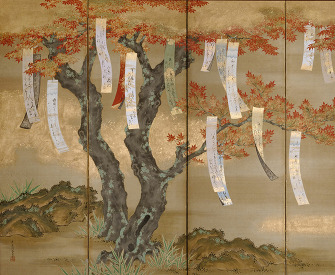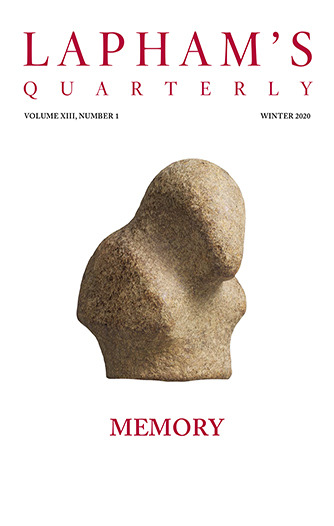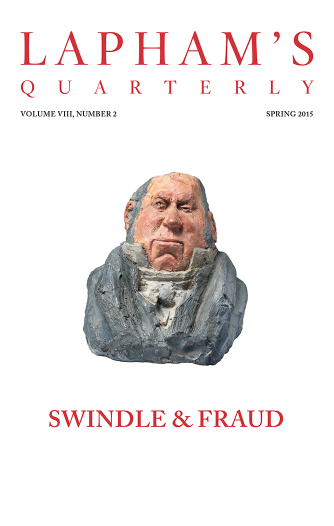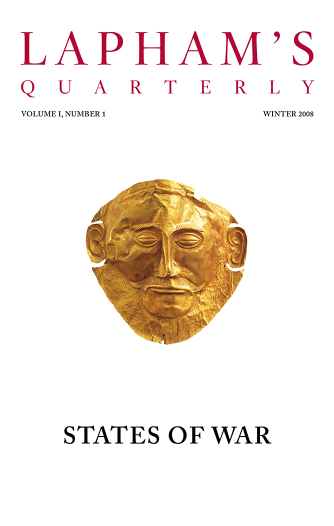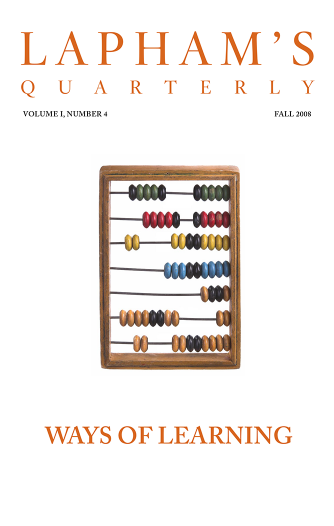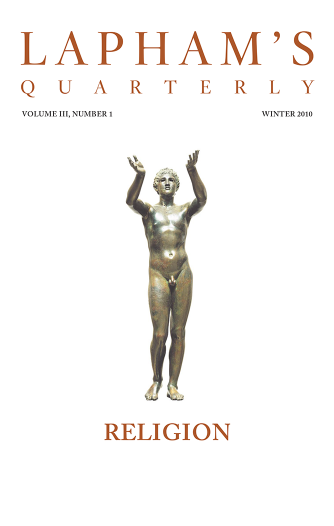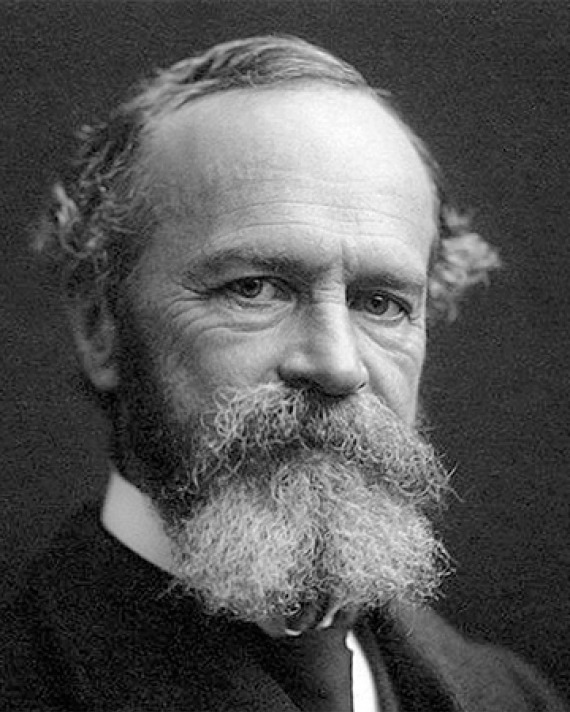
William James
(1842 - 1910)
At different times in William James’ thirty-five-year academic career he served as a professor of physiology, psychology, and philosophy, educating, among others, Theodore Roosevelt, W.E.B. Du Bois, and Gertrude Stein. Fascinated by the “altered states of consciousness” that all religions inspired cross-culturally, he experimented with hypnosis and nitrous-oxide intoxication for his famous work The Varieties of Religious Experience.
